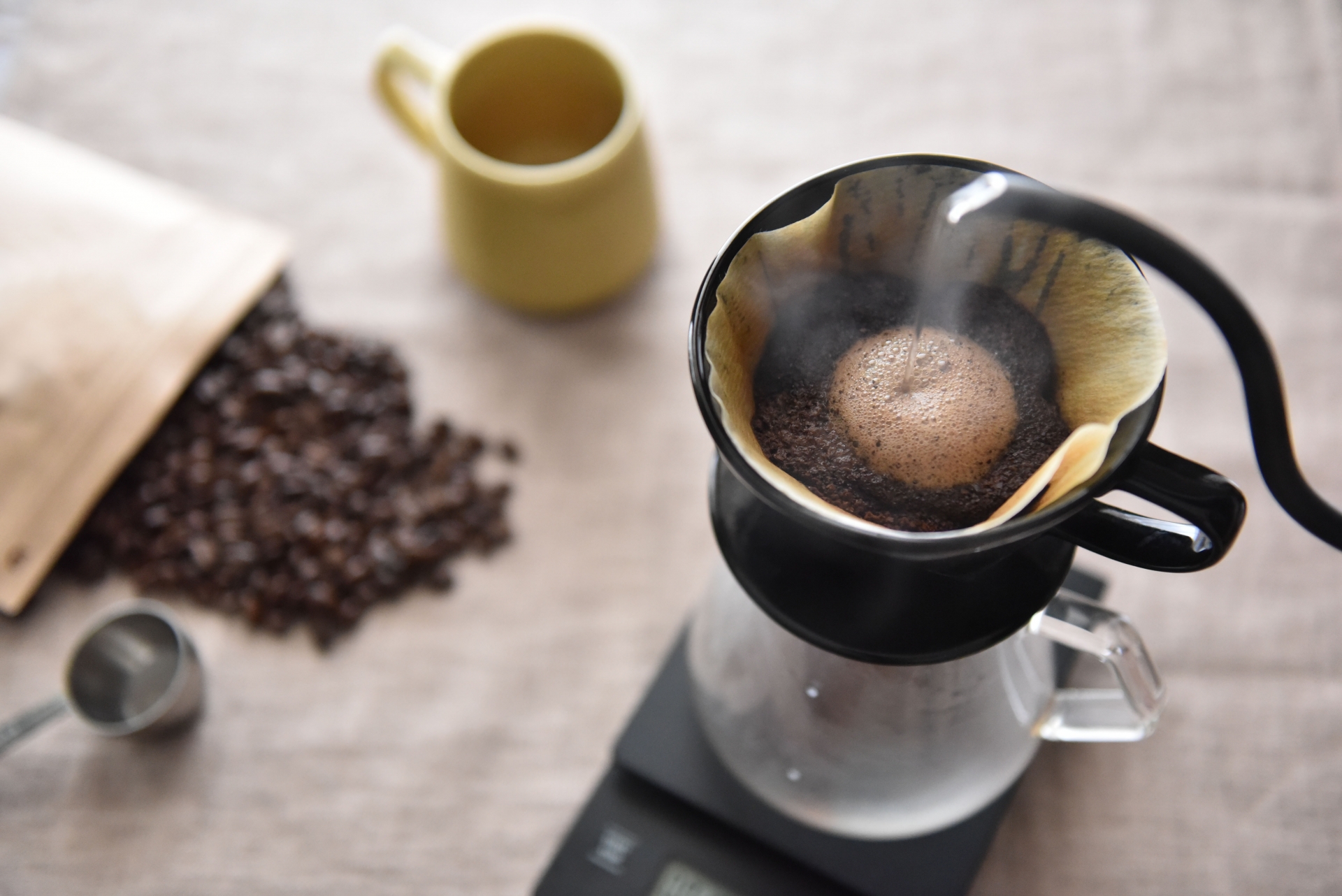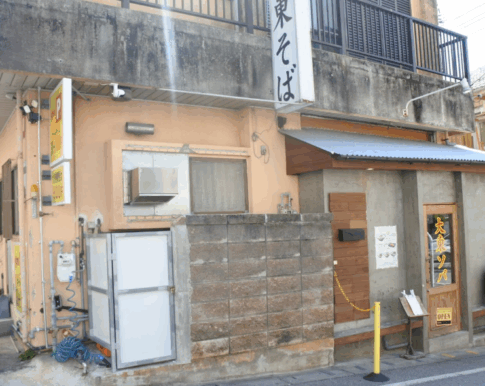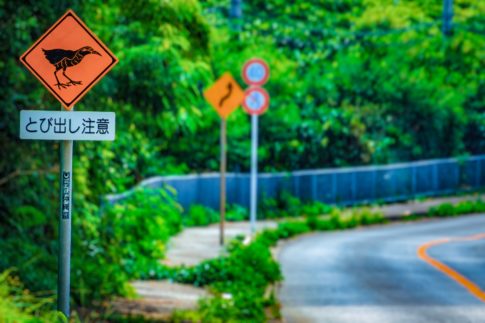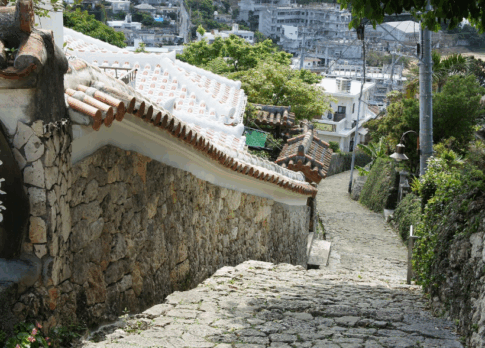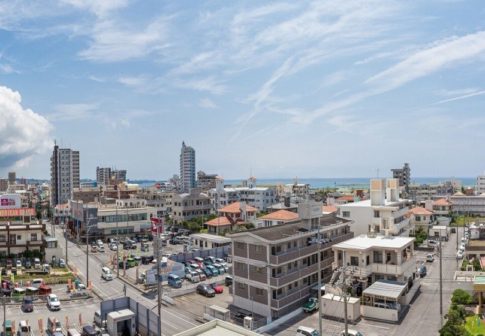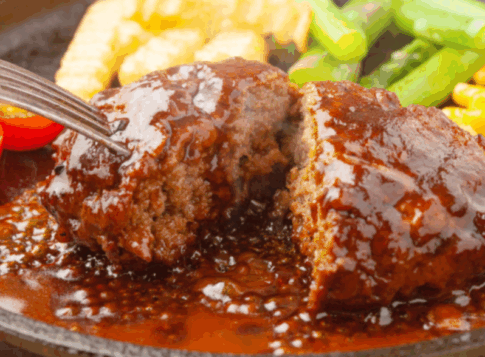About 38 minutes by car from Naha Airport. This coffee shop is located in Kitanakagusuku Village. The beans are organic beans from Peru. The coffee is ground according to the way you want to drink it when you order it! It is a maniacal and unique coffee shop.
Point 1: Why “Azama Coffee” is a Peruvian coffee shop.
Kitanakagusuku Village is located in the central part of the main island of Okinawa, where many fashionable stores are located.
It is not well known on the mainland that people from Okinawa, where AZAMA COFFEE is located, emigrated to Peru in South America.
The owner of Anzama Coffee learned about the delicious Peruvian coffee and food through his many relatives.
The most famous coffee in South America is Brazilian and Colombian, but Peruvian coffee is also quite good, and many of them are organic, and the spread of healthier coffee is more advanced than in Japan.
Coffee grown in Peru, which has various faces, such as the coast, deserts, Andean mountains, and jungles, is a grade that is comparable to Brazil and Colombia in South America.
The store was opened in Kitanakagusuku Village in Okinawa, which has a mysterious connection with Peru, in the hope of conveying the deliciousness of this rare coffee. He says that he never runs out of enthusiastic conversations with coffee lovers who come to his store because they have heard the rumors.
Eventually, he is also working on a project to plant coffee trees in Okinawa, the best place in Japan for coffee cultivation.
Point 2: What does “Azama Coffee” Peruvian coffee taste like?
So what does the Peruvian coffee (350~480 yen) from AZAMA COFFEE taste like?
Peruvian coffee is as high grade as Brazilian and Colombian coffee, which are also produced in South America and is said to have a clear, clean, yet mellow, slightly rich, and smooth taste. The nutty aroma characteristic of South America is also one of its features.
Delicious and easy to drink, Peruvian coffee is not yet as branded as Brazilian or Colombian beans, so it is also relatively affordable.
It is just like mangoes in Miyazaki and Okinawa are the same variety, but in Miyazaki, they are branded and expensive, while in Okinawa they are the same variety but cheaper!
Point 3: “Azama Coffee” also has unique cookies!
As some of you may have noticed, the trademark of Azama Coffee is a balloon.
The owner, who is now a coffee roaster, once had a unique career as a balloon pilot! The cookies with the balloon motif were made by Kupuru, also in Kitanakagusuku Village.
The fact that stores in the same village get along well with each other is another characteristic of Kitanakagusuku Village.
The cookies in the shape of clouds and balloons, and just the right amount, would go well with organic Peruvian coffee.

